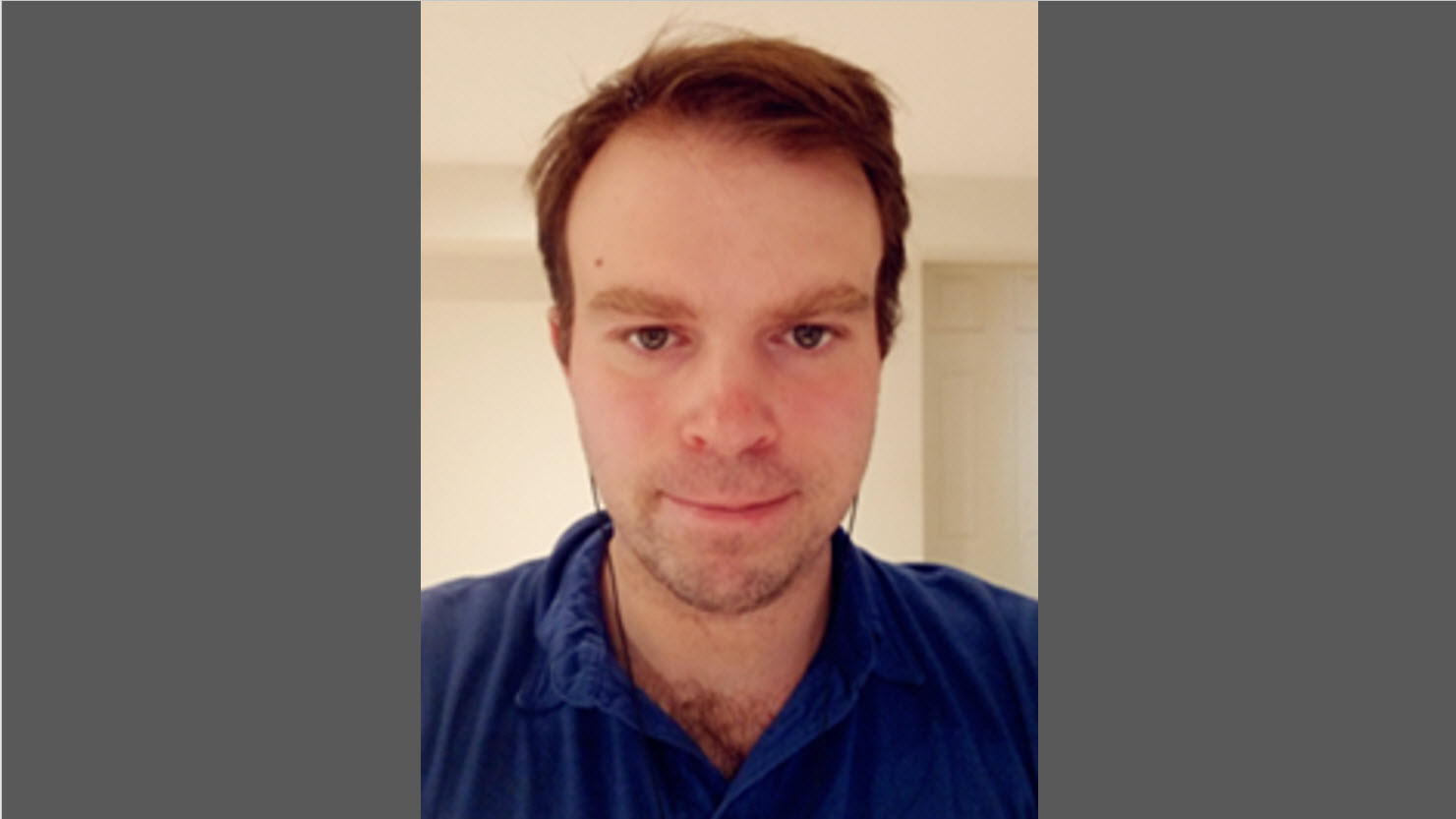Session 1
Date: Tuesday, January 9th
Time: 2:30-5:30 (EST)
Mode: HYBRID
Location: Kinsmen Building: Room 277,York University, Keele Campus
Refreshment provided before the lecture
Virtual Zoom Link: https://yorku.zoom.us/j/93413853275?pwd=VFpYc29Eb3JKN2JZVnBPajYyczhBQT09
Speaker: Dr. Grunnill
Dr. Grunnill conducted his postdoctoral fellowship at USGS & Uni of Wisc. (Madison) in 2017 - 18, where he developed agent based modelling of plague in prairie dogs. He was a Senior Mathematical Modeller at Public Health England (later UK Health Security Agency) during 2019-2021 where he first used ODE modelling for evaluation of ODE modeling of AMR, and then involved in developing research software (gradient descent fitting, dynamic networks, agent based modelling) and simulations of COVID. In 2021, he joined LIAM as a postdoctoral fellow, playing a key role in the collaborative project with Sanofi to model COVID-19 mitigation at mass gathering event (FIFA 2022). With a secondment to Public Health Ontario, funded by the Mathematics for Public Health network, he partaked in the project on phylogenetics & phylodynamics of respiratory pathogens (EV-D68).

Topic: Python and PyGOM tutorial
Python is a widely-used coding language known for its extensive packages in Data Science, Mathematics, and Machine Learning. It's favored for its readable syntax and considered easy to learn. Python is also open-source, making it ideal for sharing research code.
This class covers Jupyter Notebook, Python basics, Numpy for handling arrays, Pandas for Dataframes and Series, and PyGOM for modeling ODEs, with a focus on epidemiological modeling and tools for R0 estimation.


